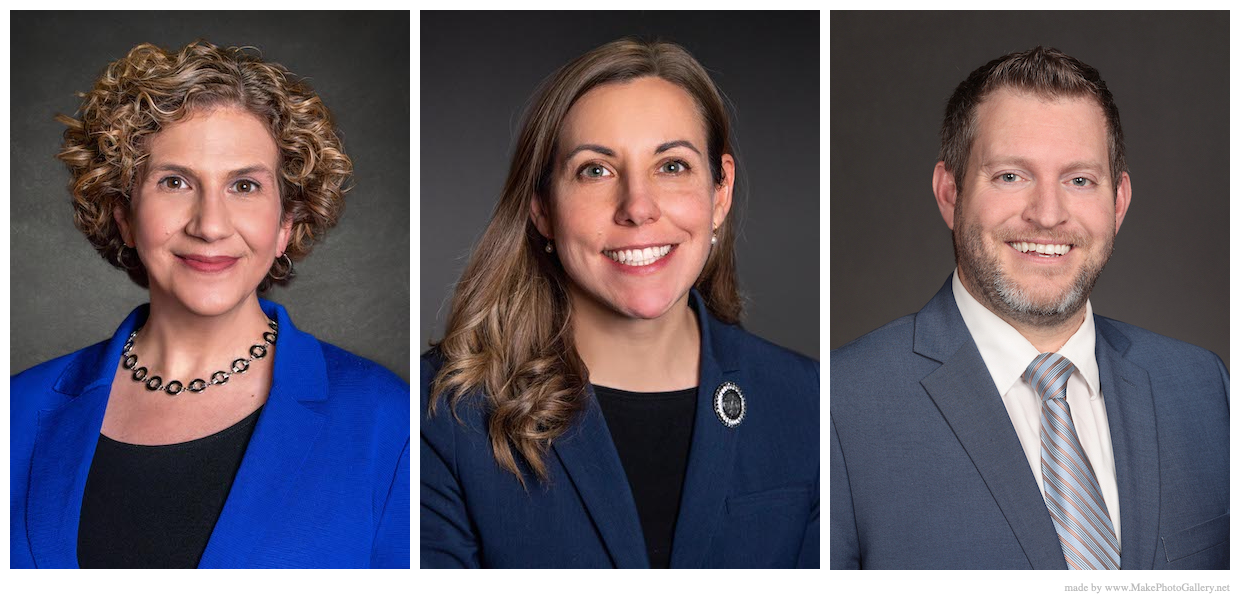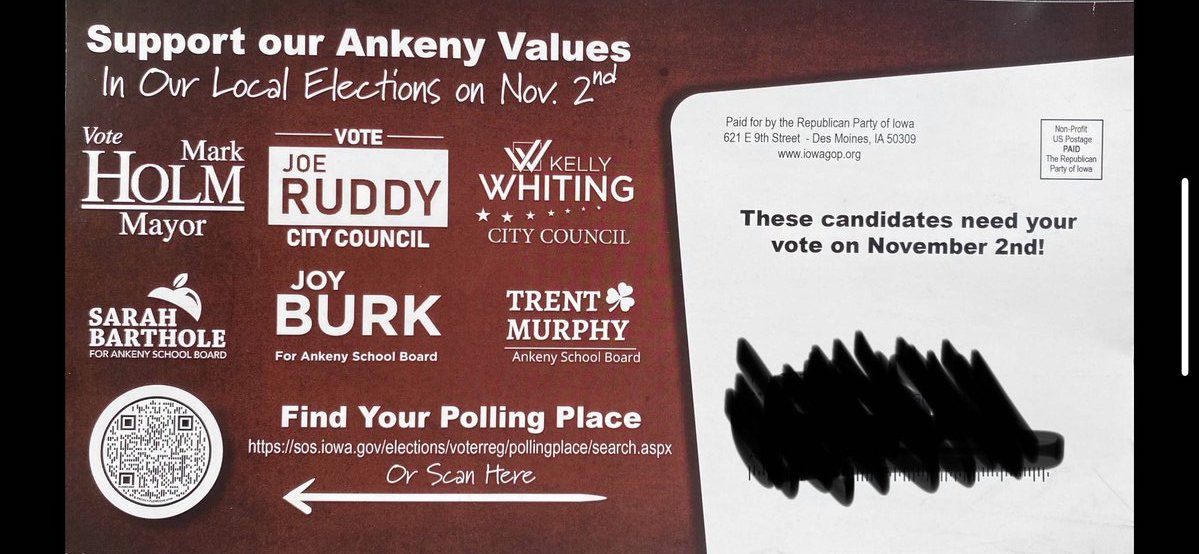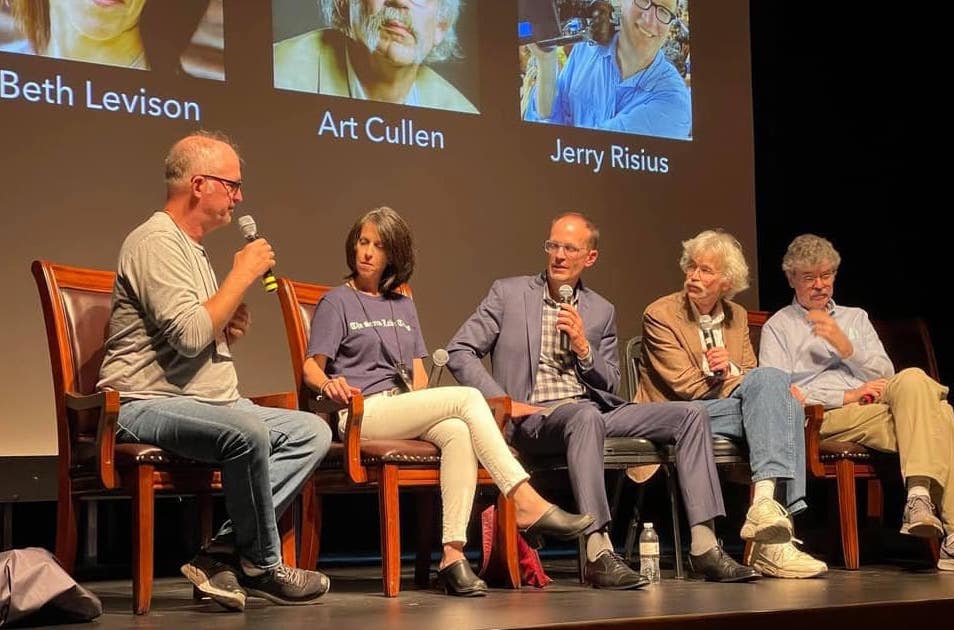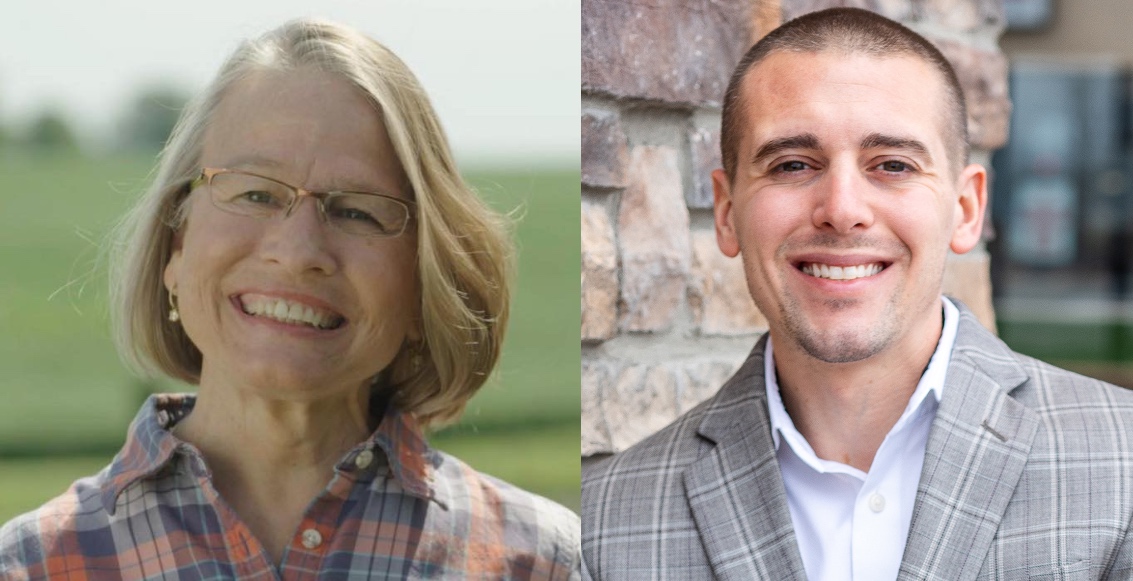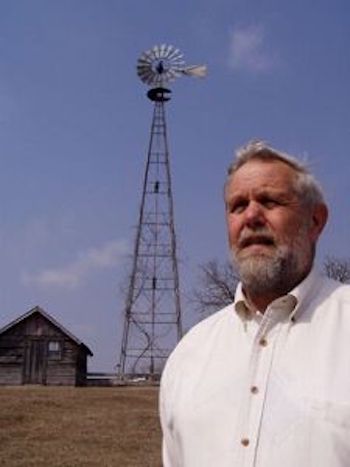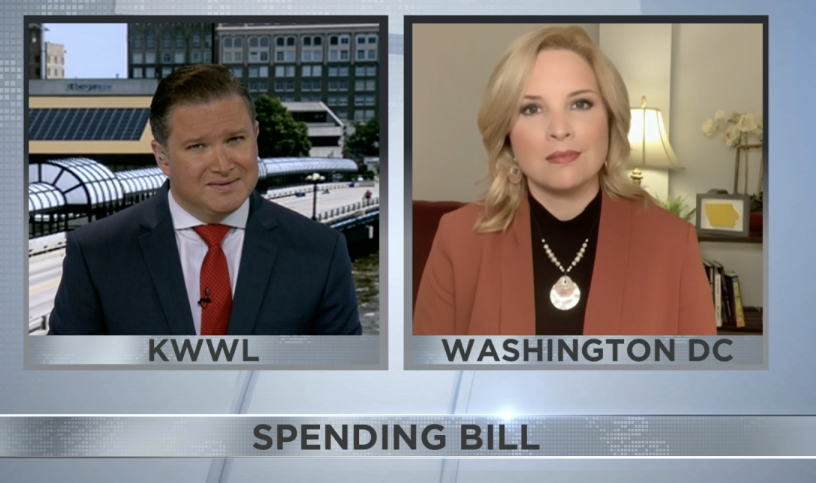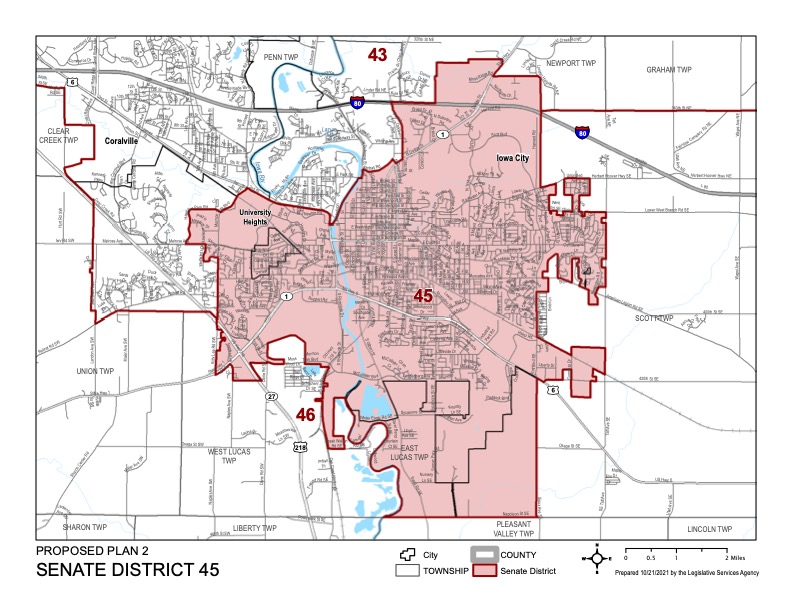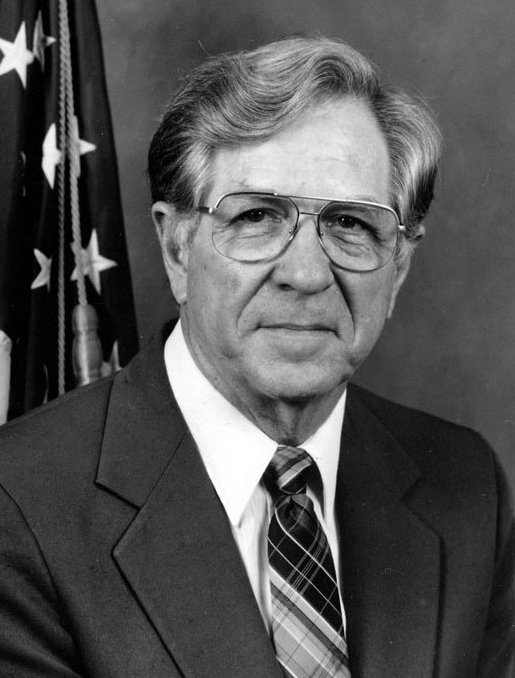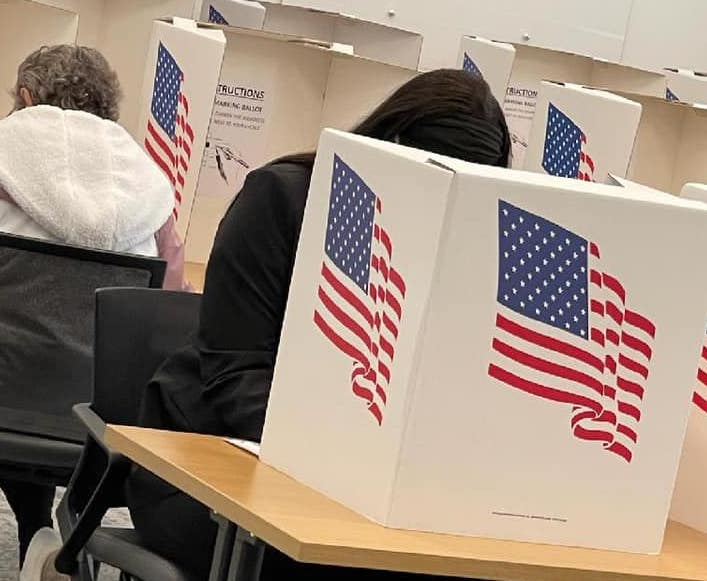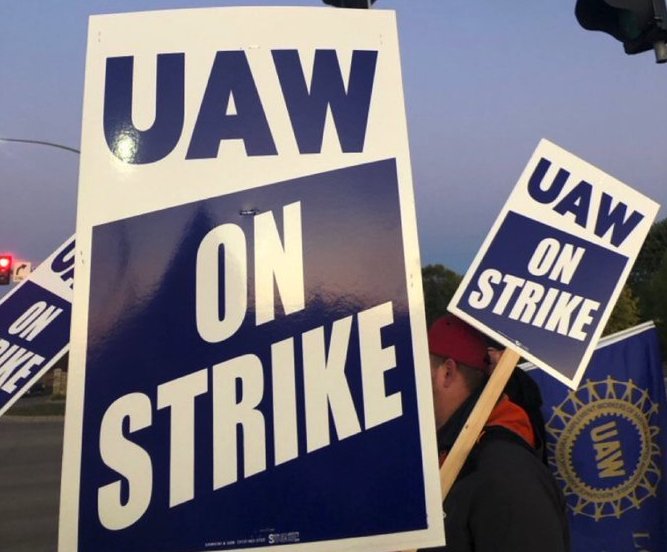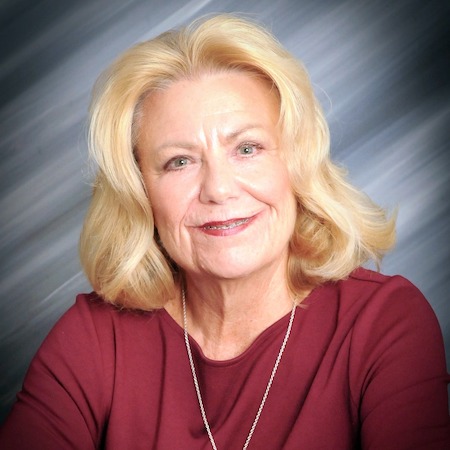Iowa’s new legislative maps create many more match-ups between Republican incumbents than Democrats. But two first-term Democratic senators, Claire Celsi and Sarah Trone Garriott, live in the new Iowa Senate district 16. Celsi announced in early November she’ll seek re-election in the district, which covers a blue-trending portion of Des Moines’ western suburbs.
Trone Garriott hasn’t decided how to proceed and told Bleeding Heartland in a recent telephone interview that she hasn’t ruled anything out. She has “lots of options,” she said, but “none of them are easy.”
Trone Garriott’s choice may depend in part on how Iowa Senate President Jake Chapman responds to being placed in a competitive district for the first time. Will the chamber’s second-ranking Republican stay in a district Joe Biden carried, or flee to safer nearby territory?
Continue Reading...
